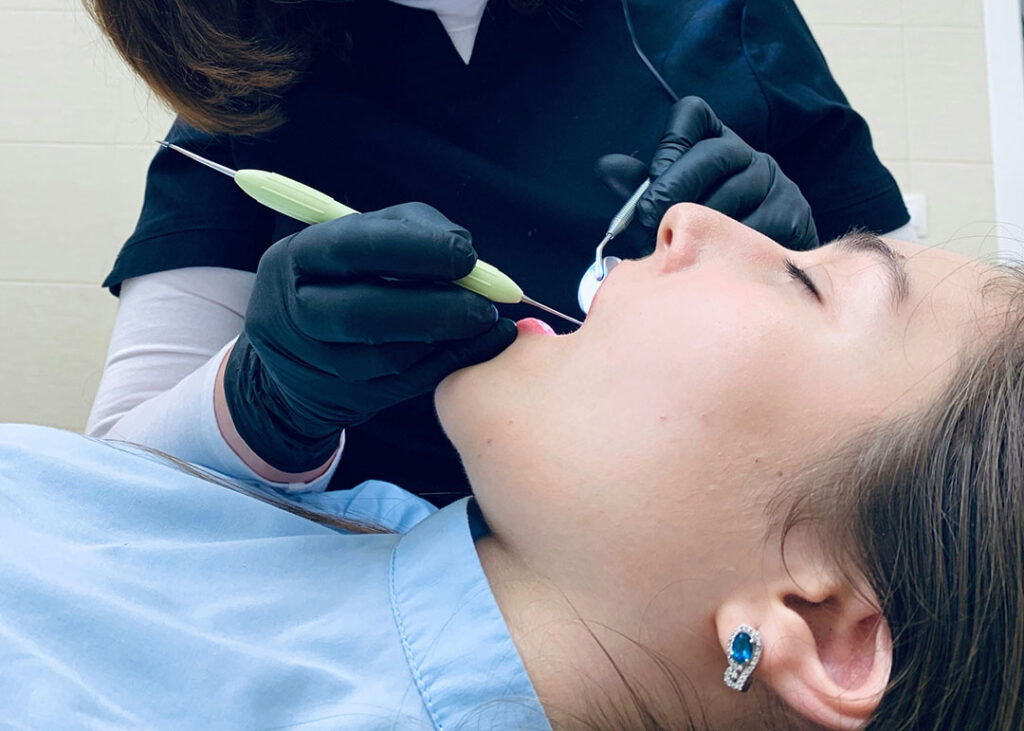Questions to Ask Before Wisdom Teeth Removal
Wisdom teeth removal can feel overwhelming, especially if you don’t know where to start. Asking the right questions before your procedure can help you feel more at ease and prepared. At Oral Facial Surgical Arts, we want to ensure you have all the information you need to feel confident about your treatment. Below are some of the most common questions to ask before wisdom teeth removal. We’re here to help guide you through every step of the process.

Evaluating Your Oral Health and Treatment Options
There are several ways wisdom teeth can be removed, depending on how they’re positioned in your mouth. Some teeth are fully erupted and can be removed easily, while others may be impacted, requiring a more complex surgical procedure. Your oral surgeon will assess whether your wisdom teeth are straightforward to remove or if they need to perform surgery to access them.
Before your surgery, your oral surgeon will conduct a thorough evaluation, which may include X-rays or 3D scans to understand the exact positioning of your wisdom teeth. These images help your surgeon determine whether your teeth are impacted wisdom teeth and if they’re affecting your surrounding teeth or jawbone. After reviewing your medical and dental history, your surgeon will recommend the best treatment plan to ensure a smooth procedure and recovery.
Removing wisdom teeth can help prevent pain, crowding, infections, and damage to nearby teeth. The positioning of wisdom teeth can lead to trapped food and plaque buildup, increasing the risk of tooth decay and other complications. However, like any surgery, there are risks involved, such as infection, nerve damage, or dry socket. Your oral surgeon will walk you through the potential risks and benefits specific to your case and explain how removing your wisdom teeth could improve your long-term dental health.
While many dentists can perform basic wisdom teeth extractions, complex cases involving impacted teeth, close nerve proximity, or other complications often require oral surgery and are better handled by an oral surgeon. Oral surgeons have specialized training and experience in surgical extractions, anesthesia, and post-operative care, ensuring a higher level of expertise for more difficult cases.
At Oral Facial Surgical Arts, we believe no question is too small. Wisdom teeth extraction is a common concern many patients have. We encourage you to ask any and all questions during your consultation. Our team is here to provide you with clear, thoughtful answers, ensuring you fully understand the procedure, potential risks, and what to expect during recovery. Your peace of mind is our top priority.
Preparing for Wisdom Teeth Removal Surgery
Before your wisdom teeth surgery, you’ll receive detailed instructions from your oral surgeon. These typically include fasting for a specific amount of time if you’ll be receiving general anesthesia, avoiding certain medications, and making transportation arrangements for after the procedure. Following these guidelines ensures a safer surgery with fewer complications.
Your oral surgeon will discuss the types of anesthesia available based on your comfort level and the complexity of your procedure. Options typically include local anesthesia (numbing the area), sedation anesthesia (making you drowsy but conscious), or general anesthesia (putting you fully asleep). Your surgeon will help you choose the best option for your situation.
Like any surgery, wisdom tooth removal carries some risks, including infection, nerve injury, sinus complications, and dry socket (a painful condition where the blood clot dislodges from the extraction site). Your oral surgeon will explain how they plan to minimize these risks and what to watch for during recovery.
The length of your surgery depends on the complexity of your case. Most wisdom teeth extractions take about 45 minutes to an hour. Your oral surgeon will provide specific details on what will happen during your surgery and ensure you’re comfortable with the entire process.
After surgery, you’ll be given post-operative instructions on managing pain, swelling, and bleeding. You’ll need to follow a soft food diet, avoid strenuous activity, and refrain from using straws or smoking to prevent complications like dry socket. Our team will guide you through the necessary aftercare steps for a smooth recovery.
Managing Pain and Discomfort After Surgery
Some discomfort, swelling, and mild bleeding are normal after surgery. Pain is usually the most intense in the first 48 hours, but it should gradually subside. Ice packs, prescribed painkillers, and rest will help you manage the discomfort.
Soft foods like applesauce, yogurt, mashed potatoes, and soups are recommended for the first few days after surgery. You should avoid hard, crunchy, or spicy foods until your mouth has healed, typically for about a week.
Most people recover within a week, with the first few days being the most uncomfortable. After three to four days, you should notice improvements in pain and swelling, with full healing taking a few weeks. Your oral surgeon will provide more specific details based on your case.
Maintaining oral hygiene after surgery is important to prevent infection. After the first 24 hours, gently rinse with saltwater and avoid brushing directly on the surgical site. Your oral surgeon will explain the best way to keep your mouth clean while it heals.
Simply Ask Oral Facial Surgical Arts
No matter what questions you have, Oral Facial Surgical Arts is here to help. We encourage you to reach out with any concerns or additional questions. Our goal is to provide you with the highest level of care, from your initial consultation to your final follow-up. Call us at (407)207-8005, you’re never alone in this process—our team is with you every step of the way!


